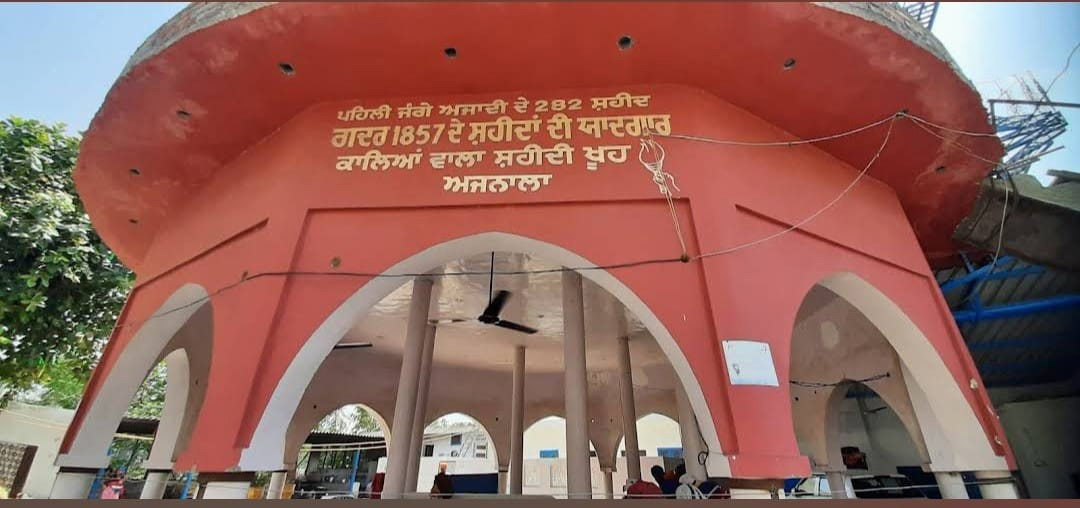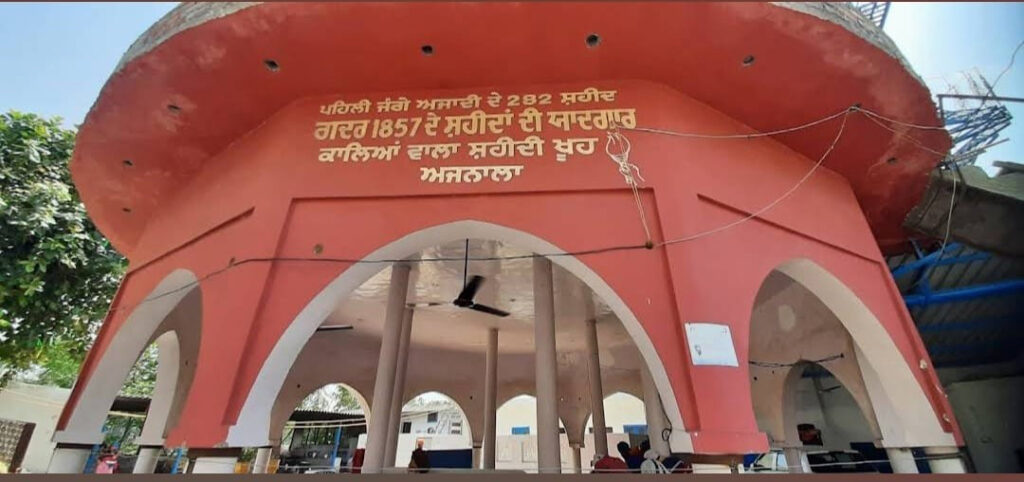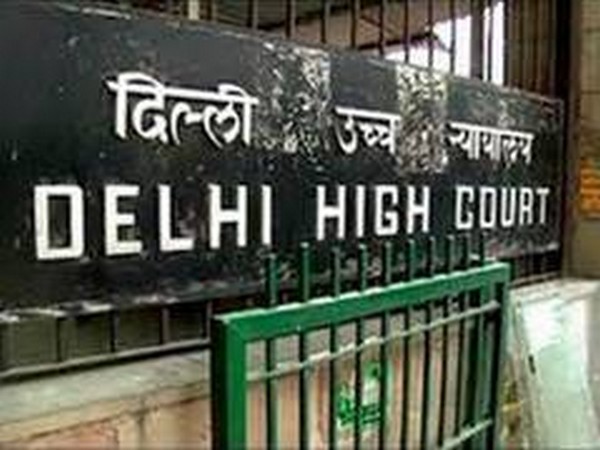
Ajnala Well: A Silent Witness to 1857’s Brutal Massacre
The year was 1857. Near Ajnala, Punjab, a horrific chapter of the First War of Independence unfolded. Soldiers of the 26th Native Infantry, representing diverse regions of India, were brutally massacred by British forces following a revolt.
Hundreds perished, their bodies callously disposed of in a nearby well. The grim tale, long whispered through generations, remained largely unacknowledged until recent times.
Excavations undertaken in 2014 unearthed chilling evidence, confirming the scale of the massacre. Human remains and artifacts from that tragic period were discovered, leaving an indelible mark on the historical record.
Today, a memorial stands as a solemn testament to the sacrifice of these brave Indian soldiers. It serves as a poignant reminder of the brutality of the colonial era and the enduring struggle for freedom.
This site, more than just a memorial, is a vital historical site. It underscores the importance of remembering our past, and the need for continued research into the often-overlooked narratives of India’s struggle for independence. The Ajnala well stands as a powerful symbol of resilience and a call for continued remembrance.







